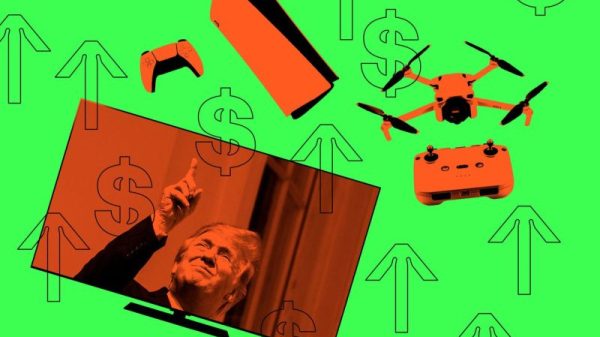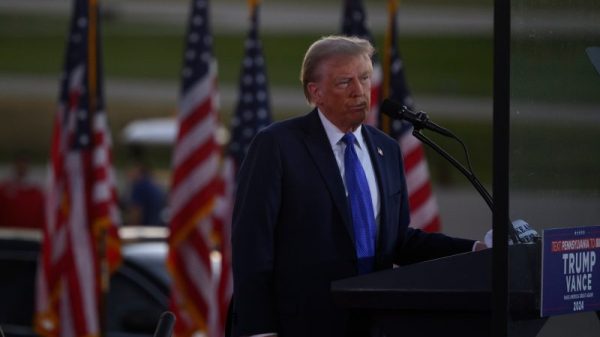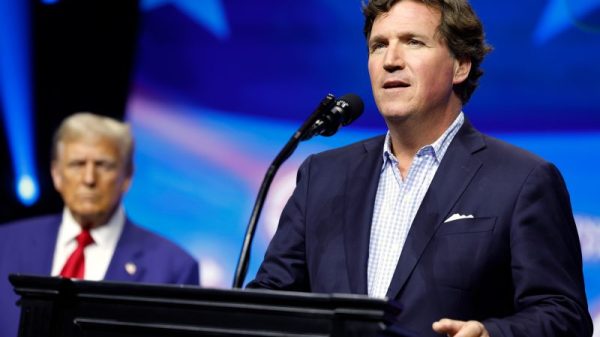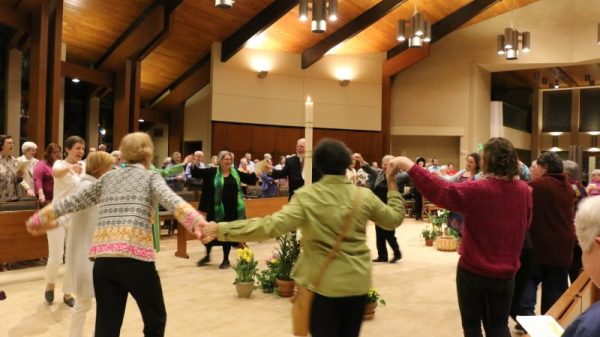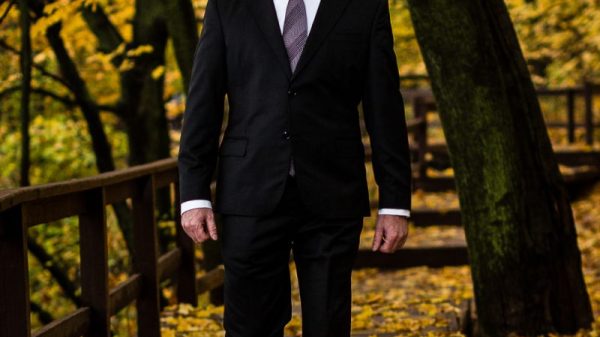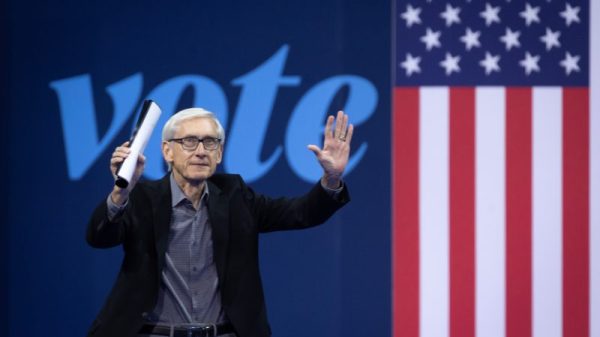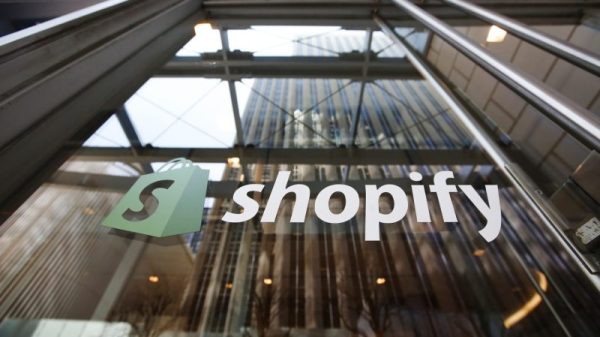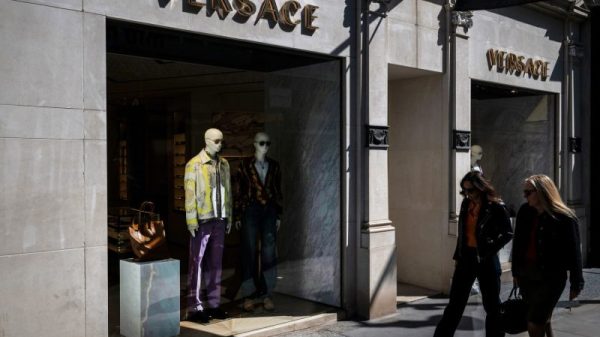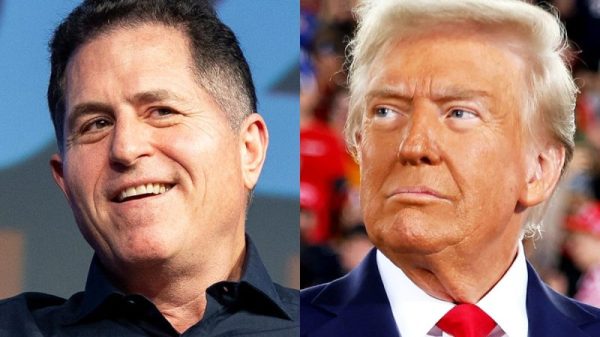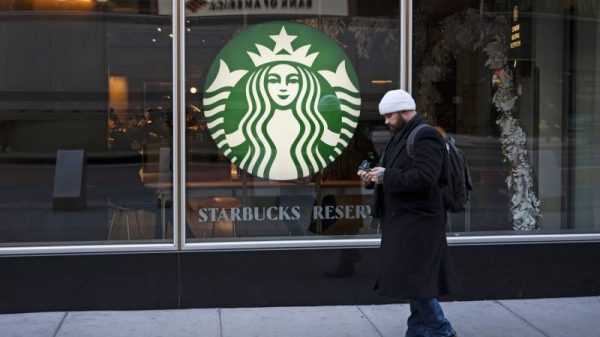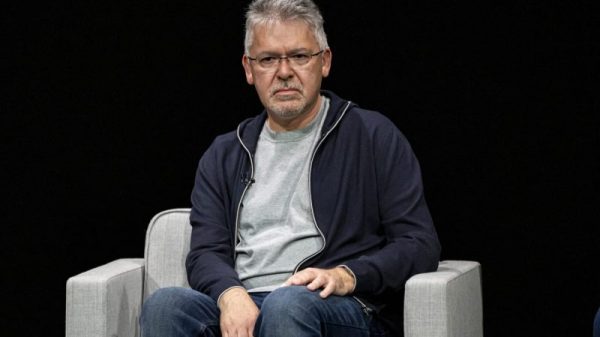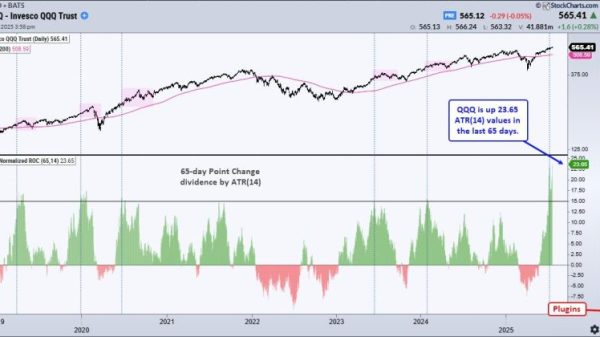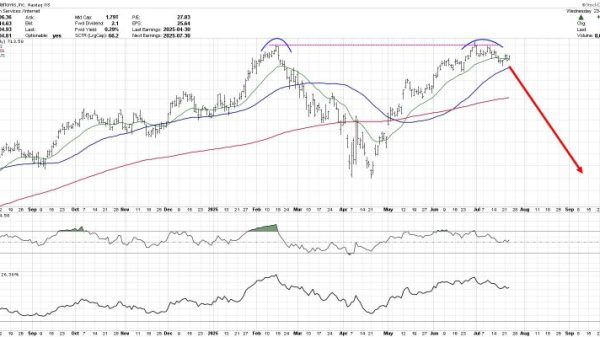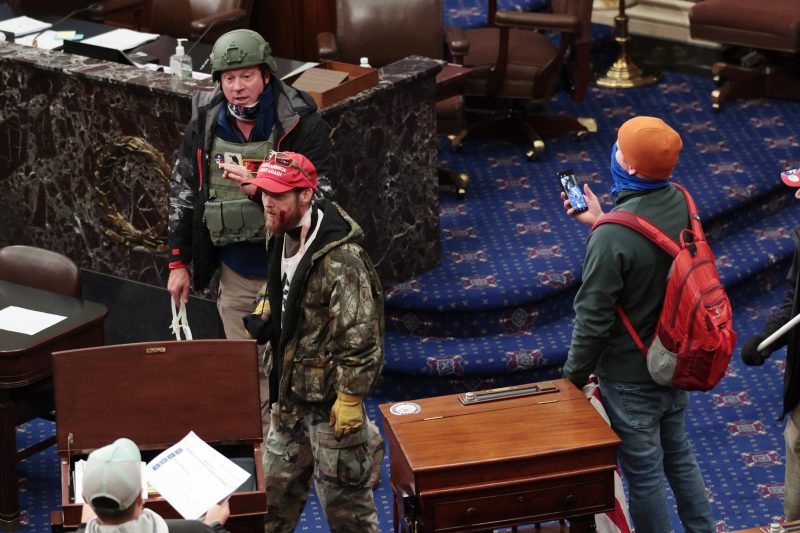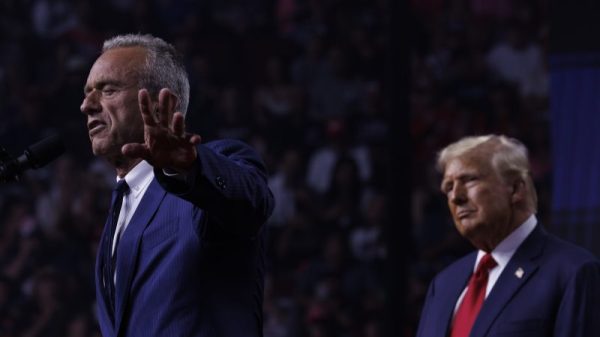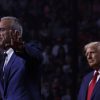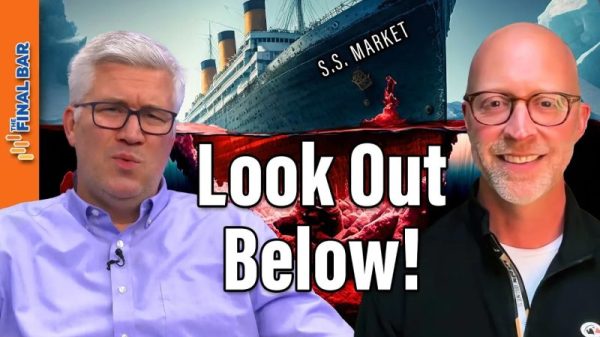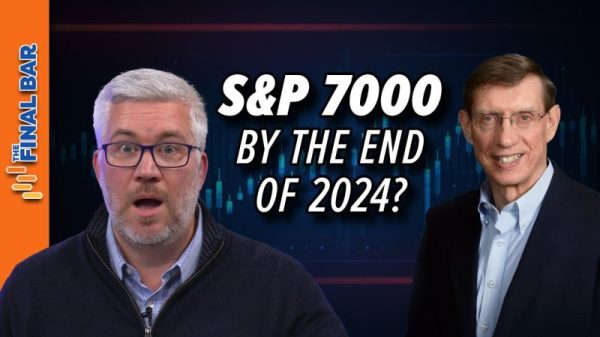More than 100 people convicted of participation in the Jan. 6, 2021, riot at the Capitol may have to be resentenced after a federal appeals court Friday overturned a sentencing enhancement used to help determine their punishments.
The decision from the U.S. Court of Appeals for the D.C. Circuit came in the case of retired Air Force Lt. Col. Larry R. Brock Jr., who had appealed his felony conviction of obstructing the work of Congress that day. Former president Donald Trump faces the same charge.
The court, a panel of three Democratic appointees, did not overturn the conviction. But it said that a lower court judge erred in deciding that Brock should face a stiffer sentence for “substantial interference with the administration of justice,” ruling that the penalty does not apply to crimes committed at the Capitol.
At least 100 people convicted in connection with the Jan. 6 attack have had their punishments shaped by that enhancement, and they could now ask to be sentenced anew. That does not mean they would necessarily face lighter terms. Sentencing enhancements raise the suggested range of prison time that a judge must consider. But in D.C., judges have generally imposed penalties below those recommended ranges, and they have often said their punishments would be the same regardless of what enhancements they applied.
Resentencing can also be dangerous for defendants. One participant in the riot who succeeded in undoing his 60-day misdemeanor sentence on technical grounds was given another 60 days behind bars by a judge who cited the man’s lack of remorse. (That ruling is now on appeal).
Still, many will surely ask for lower punishments. Edward Ungvarsky, a defense attorney involved in several Jan. 6 cases, said there is “great potential” for some defendants to win earlier release. “Even if a judge suggested their sentence would be the same regardless of application of any enhancements,” he said, that judge “still has to meaningfully reconsider that sentence.” The ruling could also have an impact in plea negotiations, eliminating a bargaining chip used by prosecutors to encourage defendants to plead guilty without a trial.
Brock, who gained notoriety after he was photographed in the Senate Chamber wearing an army green helmet and vest, was sentenced to two years in prison — far less than prosecutors sought, and at the bottom of his guidelines. He is scheduled to be released in December.
Those guidelines included an extra penalty for “substantial interference with the administration of justice.” Judge John D. Bates reasoned, as several other trial judges have, that it applied because Brock “contributed to this unnecessary expenditure of substantial government resources during and after the riot.” The appeals court, however, ruled that “text, context, and commentary” indicate that “justice” covers only “investigative, prosecutorial, or judicial resources.”
They added, “We must apply the Guideline as written, and Brock’s interference with one stage of the electoral college vote-counting process — while no doubt endangering our democratic processes and temporarily derailing Congress’s constitutional work — did not interfere with the ‘administration of justice.’”
The decision comes as the D.C. courts brace for a ruling that could be far more disruptive to the Jan. 6 docket, which involves over 1,300 cases. On April 16, the Supreme Court will consider whether the crime of “obstruction of an official proceeding” includes blocking Congress from certifying the 2020 election results — the same charge Brock challenged that resulted in the panel’s decision on his sentencing.
The appellate court had already ruled in an earlier Jan. 6 case that “obstructing an official proceeding” does not apply only to destroying evidence, as many riot defendants have claimed. Even though the crime was created in response to attempts to cover up a financial scandal, the court said, stopping Congress from certifying a presidential election also qualifies.
A reversal of how the government has been applying the obstruction charge would impact more than 340 prosecutions — including the special counsel case against Trump in D.C. The former president and Republican front-runner is charged with both obstructing and conspiring to obstruct Congress, along with two other felonies.
Convicted rioters have also challenged the law by questioning whether prosecutors had proven they understood their conduct was unlawful and wrong. Brock and other defendants argued that they believed they were doing the right thing in blocking the vote count, and thus had no “consciousness of wrongdoing.” In 2005, the U.S. Supreme Court overturned the guilty verdict against Enron accounting firm Arthur Andersen, whose role in the Enron scandal inspired the obstruction law, because jurors were not properly instructed on that point.
The D.C. Circuit previously held that if a rioter committed another felony while obstructing Congress, such as carrying a dangerous weapon, that showed awareness of wrongdoing. Brock did not engage in violence and was convicted of no other felonious conduct. But in upholding his conviction Friday, the court said other evidence could be used to show unlawful intent, including social media posts.
Brock had advocated for “insurrection” online in advance of Jan. 6, saying “the battle isn’t winnable democratically,” evidence cited by the judges. His “plan of attack” was to “seize” government officials who opposed Trump, then “begin interrogations using measures we used on al-Qaida.” He advised, “Do not kill law enforcement officers unless necessary,” and anticipated a “pardon for all crimes up to and including murder.”
“Brock participated in a riot that sought to overturn the 2020 presidential election by force, and … he was himself prepared to take violent action to achieve that goal,” the court said. “Where a defendant announces his intent to use violence to obstruct a congressional proceeding, comes equipped for violence, and then actually obstructs that proceeding, the evidence supports a finding that he acted with an impermissible purpose or knowledge of the wrongfulness of his actions.”
In its ruling, the D.C. Circuit panel said that even if the Supreme Court rules that the obstruction crime requires destruction of evidence, it could still apply to rioters because “participation in the January 6th riot caused Congress to adjourn [an] evidentiary process” — the confirmation of votes from the 2020 election.
The “obstruction of an official proceeding” law was passed in 2002 to close a loophole uncovered by the Enron scandal; accountants for the energy firm could be prosecuted for “corruptly persuading” others to destroy evidence, but not for their own document shredding. The crime carries up to 20 years in prison, and penalizes anyone who “corruptly … alters, destroys, mutilates, or conceals a record … for use in an official proceeding; or “otherwise obstructs, influences, or impedes any official proceeding, or attempts to do so.”
Trump is accused of obstructing the congressional proceeding on Jan. 6 by directing the mob to the Capitol, pushing for “fake electors” to be counted, and pressing Vice President Mike Pence to recognize those fake electors as legitimate. Trump has made a similar argument to riot defendants about criminal intent, saying he truly believed the election was stolen and that it was his duty to fight the results.
Prosecutors with the office of special counsel Jack Smith have highlighted multiple instances in which Trump was told that he lost and appeared to acknowledge that fact. But at oral argument in Brock’s case, multiple judges emphasized that a defendant can believe they are morally right and still know their actions are illegal.
“Let’s say that someone has been in an election for a state judge. And the candidate thinks that she won, but she’s not being recognized as the winner,” Judge Cornelia Pillard said. “Does that privilege her to rally a mob, to go and interfere with an investiture of the court, to break into the courthouse, because she has a sincere belief that she’s been wronged?”
When Brock’s attorney noted that the same could be true of civil rights protesters, Pillard said that “the power of civil disobedience” was the willingness to be punished.
Such protesters think, “I’m violating the law and I’m ready to take the consequences for it because I’m responding to a higher law,” she said. “And the higher law, in my view, is more important, even to the point where I’m willing to sacrifice myself. But … the sacrifice is that the law does not bend and accommodate the person’s individual moral principle.”
An earlier version of this story incorrectly described Enron as a telecom company. It was an energy company. This story has been corrected.


